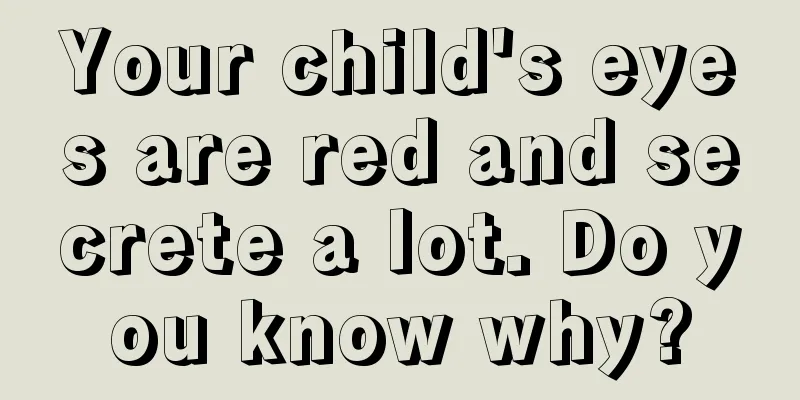What are the symptoms of baby spleen dampness

|
For babies, if symptoms of spleen dampness appear, it will have a great impact on the child's growth and development. The child will often have food accumulation, which will cause loss of appetite, lead to thrush, and jaundice. The child is prone to crying, will not like to drink water, and will have a poor appetite, which will lead to loose and light-colored stools. This is relatively harmful to the child and must be promptly emphasized and managed. Symptoms of spleen deficiency in children may include: eczema, impetigo, thrush, jaundice, and wet hands and feet. These are the signs. It can also cause constipation, diarrhea, phlegm and cough, which are internal symptoms. The problems that can be caused by lack of trace elements in Western medicine are also due to spleen deficiency and poor absorption. Therefore, the direct problem of spleen deficiency is indigestion and poor absorption. For example, calcium deficiency can cause rickets, night sweats, and irritability. These problems are caused by spleen deficiency and poor absorption. So without talking about the Western medicine's statement, the symptoms of spleen deficiency also include night sweats, developmental delay (especially lack of muscle), obesity, restless sleep, and bulging eyes. When a child is born, the spleen and stomach are the first system to be subjected to stress and test, so it is also the first system to be consolidated. Only when the spleen and stomach are healthy can other systems have adequate supplies. Before the troops move out, the food and fodder must be sent first. Generally speaking, with proper conditioning, the spleen and stomach will be basically fully developed after the age of one. Children around 2 years old can withstand all kinds of pressure. But most babies fail to do so because the symptoms mentioned above can be used to cover up the fact of spleen deficiency by supplementing various trace elements in Western medicine, thus delaying the opportunity to replenish the spleen. The spleen and stomach are a system. The spleen is the storage and the stomach is the bowel. It can be understood that the spleen is the stove and the stomach is the pot. The spleen and stomach are prone to trouble, so conditioning them is the most important thing. Please note that the spleen and stomach we are talking about here do not include the intestines, and the spleen and stomach are not organs in anatomy, but a system. This system is not just in the stomach, it is spread throughout the body, so we can understand why so many problems are caused by the spleen. |
<<: What should children eat when they have diarrhea?
>>: What are the early symptoms of tics in children?
Recommend
What to do if your child has red eyelids
As children grow up, they will often suffer from ...
Can cerebral palsy in premature babies be cured?
Considering the current living standards, the phe...
What to do if your baby gets angry after eating milk powder
There are many babies whose bodies are delicate a...
What are the warm-up exercises for children?
Now, with the improvement of the quality of life,...
The full-month baby suddenly cries non-stop
One-month-old babies tend to cry more often becau...
What are the symptoms of indigestion in children?
The probability of children suffering from indige...
How much does a newborn baby gain after one month?
We all know that babies grow very fast when they ...
What should I do if my child has lymph nodes on his head?
The structure of the human body is quite complex,...
How to know whether a newborn is hot or cold
Taking good care of a baby is not an easy task. M...
What to do if your 4-month-old baby refuses to drink a bottle
There are many things to pay attention to when th...
What to do if your three-month-old baby has dry skin
A baby's skin should be the best. A child'...
Neonatal startle reflex
Many new parents do not understand some things ab...
What to do if your child has a stuffy nose?
Children have poor physical resistance during the...
Swelling on both sides of the child's throat
Parents pay close attention to the health of thei...
What medicine should I use for baby's angular cheilitis
When a baby has angular cheilitis, the corners of...









